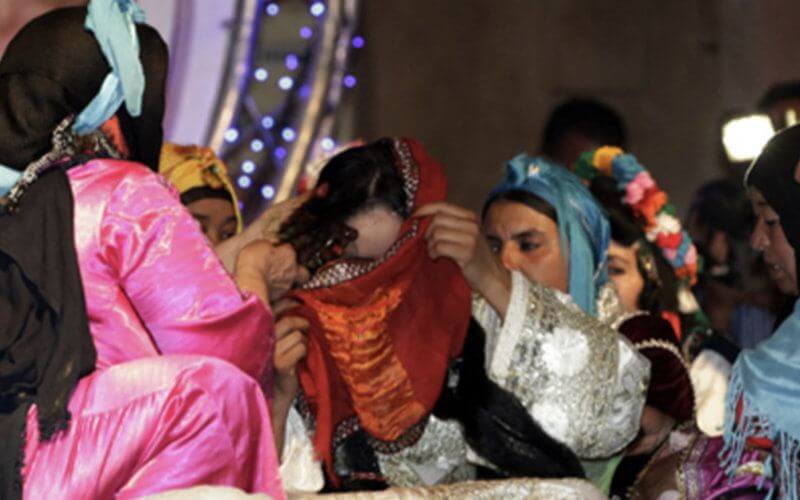Morocco’s Child Marriage Crisis: 60% of Underage Marriage Requests Approved, Minister Warns

In Morocco, the path to eradicating child marriage remains long and fraught with obstacles. This is a cause for concern for the Minister of Justice, Abdellatif Ouahbi, who is calling for stricter legislative measures.
In Morocco, child marriage resists the passage of time. This is one of the topics addressed by the Minister of Justice, Abdellatif Ouahbi, during his appearance on the "Nokta ila satr" program, broadcast on Al Aoula. According to him, 60% of requests for marriage of minors are approved by the judges. This practice has consequences on the educational future of young girls. 97% of them leave school after their marriage, the minister said. A situation he considers alarming. Describing child marriage as a "calamity," he advocates for stricter legislative measures to eradicate it.
The minister also spoke about the strike of lawyers and judicial officers. He wanted to explain the rationale behind the new tax measures introduced as part of the Finance Act. According to Ouahbi, they aim at better fiscal organization and fair contribution from all members of the profession. However, he says he is open to dialogue to address the concerns of the strikers, while ensuring the continuity of the public justice service.
Another topic addressed: press freedom. According to the minister, it should be exercised in compliance with the laws in force. Some cases involving journalists are related to defamation offenses or the publication of false information, which justifies the judicial proceedings initiated, he specified. Ouahbi also defended the reform of the Penal Code. He argued that it is necessary to revise this text in order to adapt it to the new socio-economic realities, through the introduction of more modern provisions in order to respect the fundamental principles of human rights and to strengthen the protection of individual freedoms, but also to be able to regulate emerging offenses.
Related Articles
-

Wealthy Young Driver Jailed After Deliberately Running Over Gendarme at Moroccan Checkpoint
2 September 2025
-

AI Pioneer Develops ’Watchdog’ System to Curb Rogue Artificial Intelligence
2 September 2025
-

Franco-Algerian Tourist Arrested at Marrakech Airport for Racist Outburst During Security Check
1 September 2025
-

Morocco Fights Drought with Innovative Floating Solar Project on Tanger Med Dam
1 September 2025
-

Tragic Collision Near Casablanca: 5 Dead, 7 Injured as Tractor and Van Crash on Sidi Bennour Road
1 September 2025